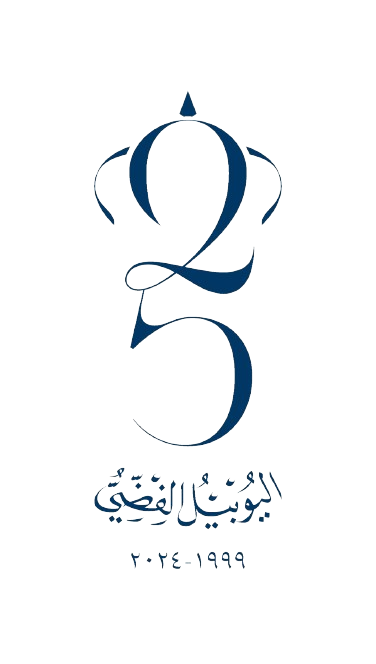n accordance with ICAO Doc. 9756 (Manual of Aircraft Accident and Incident Investigation part I) and ICAO Cir.298 (Training Guidelines for Aircraft Accident Investigators), AAIU and seconded investigators should receive the following training upon employment: Phase 1 – Initial TrainingThe aim of the initial training is to familiarize new investigators with the legislation, procedures and requirements of the accident investigation authority. Initial training includes the following:
- Administrative arrangement
- Applicable legislation covering both Jordan Civil Aviation Law and Regulations;
- International agreements (including Annex 13- Aircraft Accident and Incident Investigation);
- Memoranda of understanding with other organizations;
- Liaison arrangements with local and national authorities;
- Aircraft accident investigation manuals and procedures;
- Definitions and accident classification;
- Equipment and tools;
- Transport arrangements;
- Ethics and conduct; and
- Expenditure control.
- Initial response procedures
- On-call procedures;
- Notification of other national authorities and organizations;
- Securing records, recordings and samples;
- Accident site jurisdiction and security;
- Investigator safety including psychological stress;
- Recovery of humane remains;
- Request for autopsies; and
- Family assistance.
- Investigation procedures
- Authority and responsibility;
- Size and scope of the investigation;
- Investigation management;
- Use of specialists;
- Parties to the investigation, accredited representatives, advisors and observers; and
- Release of information to the news media.
- It is beneficial for AAIU investigators to have PPL license in addition to their other expertise.
Note: Any newly employed person may be exempted from one or more of the above training requirements if he/she proves his/her experience in it/them. Phase 2 – On-The-Job Training
- Practicing the procedures and tasks covered in the initial training;
- Gaining familiarity with investigation techniques;
- Familiarizing with the investigation tasks at accident site;
- Collection of factual information;
- Analysis of factual information; and
- Development of final report.
initial familiarization training, the aircraft accident investigator who is under training should attend a basic accident investigation course as soon as practicable, preferably within the first year of training. Advanced Accident Investigation Courses As a trained investigator gains experience, he/she should be enrolled for an advanced accident investigation course. Note: The training should be completed within first three years of employment. Additional Training Additional training can be obtained by:
- Attending refresher courses every three years;b. Attending conferences and seminars conducted by aircraft accident investigation organizations; and
- Attending aircraft type courses on the most common aircraft types used by the Jordanian airlines.
- Note: Training on the various aircraft types can be shared equitably among the investigators.






